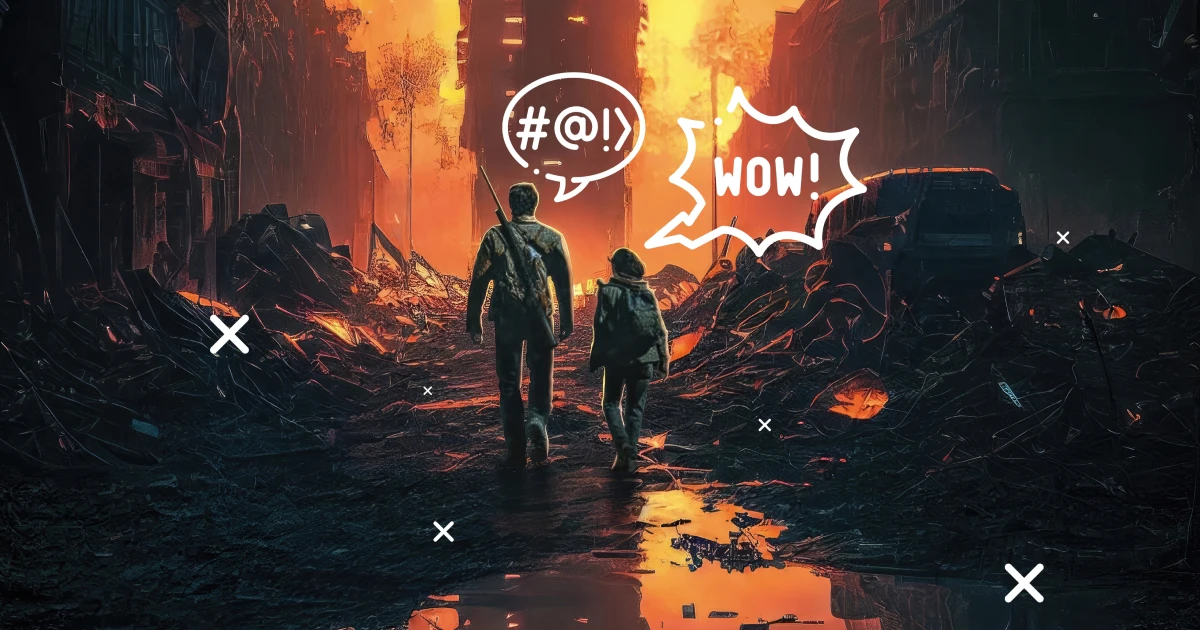The Economy in video games is a crucial and complex aspect that significantly impacts the player’s experience. Through economic mechanisms, game designers can manage player interactions, create new incentives, and keep the game world dynamic and alive.
In this Blog, we will explore and analyze different types of in-game economies, trading and exchange systems, and their social and economic impacts. These analyses help us understand how in-game economies can alter player experiences and contribute to the development of engaging and interactive games.
Introduction to the Economy in Video Games
Defining Economy in Video Games
The economy in video games refers to a set of rules and mechanisms that manage and distribute resources, currencies, goods, and services within the game. These mechanisms determine how players can acquire, spend, and exchange resources such as gold, energy, diamonds, etc. The economy in video games can be simple, like in single-player puzzle games, or complex, like in online multiplayer games with dynamic markets.
The Importance of Economy in Game Design and Experience
Properly designed economies can make a game exciting and challenging, giving players a sense of progress and achievement. Conversely, an unstable and unbalanced economy can quickly bore and frustrate players. The importance of economy in games includes:
A suitable economy allows players to earn and progress through effort and strategy.
Economic balance can create goals and challenges that motivate players to continue playing.
A dynamic and fair economy can encourage healthy interactions and competition among players.

The Impact of Game Economy on Player Interactions
The economy in video games directly affects how players interact with each other and the game world. These effects can manifest in the following ways:
Trade and Exchange
In multiplayer games, players can trade resources and goods with each other, enhancing social interactions and cooperation.
Economic Competition
Players can compete for scarce and valuable resources, making the game experience more thrilling.
Financial Strategies
Players must develop appropriate financial strategies to manage their resources, which can improve their decision-making and planning skills.
In conclusion, the economy in video games is a key element that not only influences game design and appeal but also shapes how players interact and experience the game. Properly designed and balanced economies can provide an engaging and sustainable experience for players.
Types of In-Game Economies
To better understand how the economy functions in video games, we can examine the various types of in-game economies. This analysis helps us understand how games use economic mechanisms to create diverse and engaging experiences.
Closed Economy
A closed economy refers to a type of in-game economy where all economic interactions occur solely within the game, and the player cannot exchange resources with other players or the outside world.
Features of a Closed Economy
Limited Interaction
Players only interact with resources and elements within the game, with no interaction with other players.
Greater Control for Game Designers
Designers have complete control over the game’s economic balance and stability as all resources and economic flows are managed by the game’s system.
Single-Player Experience
This type of economy is usually used in single-player games where the focus is on the player’s story and personal progress.
Games like “The Legend of Zelda” or “Skyrim” use a closed economy where players acquire resources such as money, items, and equipment solely through in-game interactions.

Open Economy
An open economy refers to a type of in-game economy where players can trade and exchange resources with each other. This type of economy is usually used in online multiplayer games.
Features of an Open Economy
Wide Interaction
Players can exchange resources with each other and create open markets within the game.
Social Impact
An open economy can lead to more social interactions as players need to cooperate and compete with each other.
Economic Dynamism
This type of economy is usually dynamic and variable, as player activities directly affect the market and prices.
Games like “World of Warcraft” or “EVE Online” use an open economy where players can trade items, equipment, and resources with each other and create complex markets.
Hybrid Economy
A hybrid economy refers to a type of in-game economy that combines elements of both closed and open economies. In this type of economy, players can interact with in-game elements and exchange resources with other players.
Features of a Hybrid Economy
Multiple Interactions
Players can acquire resources through single-player gameplay or through interaction with other players.
Flexibility
This type of economy offers players more options for progress and interaction.
More Complex Balance
Game designers must create a precise balance between closed and open elements to maintain a fair and engaging experience.
Games like “Diablo III” or “Path of Exile” use a hybrid economy where players can acquire resources through single-player gameplay and then sell or trade them with other players in open markets.

Trading and Exchange Systems in Video Games
In-Game Markets and Their Impact on the Economy
In-game markets refer to virtual spaces where players can buy and sell items, resources, and equipment. These markets can play a crucial role in the game’s economy and significantly alter the game experience.
Impacts
Economic Dynamism
In-game markets can bring dynamism and diversity to the game’s economy. Players can influence prices through supply and demand, thus impacting the game’s economy.
Creating Motivation
The presence of in-game markets can motivate players to gather more resources and profit through trade.
Balance and Regulation
Game designers need to carefully regulate markets to maintain economic balance and prevent inflation or sharp price drops.
In-game markets like the “Auction House” in “World of Warcraft” and player-to-player markets in “EVE Online” are examples of the deep impact of in-game markets on the game economy.
Player Trading and Its Social Impacts
Player trading refers to the process where players can exchange items, resources, and equipment with each other. This type of trading can strengthen social relationships between players and make the game community dynamic and diverse.
Impacts
Developing Relationships
Player trading can help create and strengthen social relationships. Players might collaborate, form trading groups, and even have economic competitions.
Increasing Interaction
This type of trading can increase player interactions and add more depth to the game experience.
Shared Benefits
Players can achieve mutual benefits through trading and collect more resources through cooperation.
In games like “Path of Exile,” players can trade with each other, and these trades can have significant social impacts, including the creation of trading communities and strengthening relationships between players.

Auction and Sales Systems in Games
Auction and sales systems refer to mechanisms where players can sell their items and resources to the highest bidder. These systems can be automated or managed by players.
Impacts
Price Transparency
Auction systems can help with price transparency, allowing players to access the best prices.
Healthy Competition
These systems can create healthy competition among players and help balance supply and demand.
Variety of Choices
Players can choose from various options and get the items they need at the best prices.
The “Auction House” system in “World of Warcraft” allows players to auction their items and accept the highest bid. This system not only contributes to market dynamism but also creates healthy competition among players.
The economy in video games plays a vital role in shaping player experiences. Through complex economies and trading and exchange systems, games can create rich and dynamic interactions and provide new incentives for players. Understanding and analyzing the types of in-game economies and their impacts not only helps game designers create more engaging games but also allows players to act more strategically in the game world. With technological advancements and increasing game complexity, the economy in video games is expected to develop further and play an even more significant role in the overall player experience.



